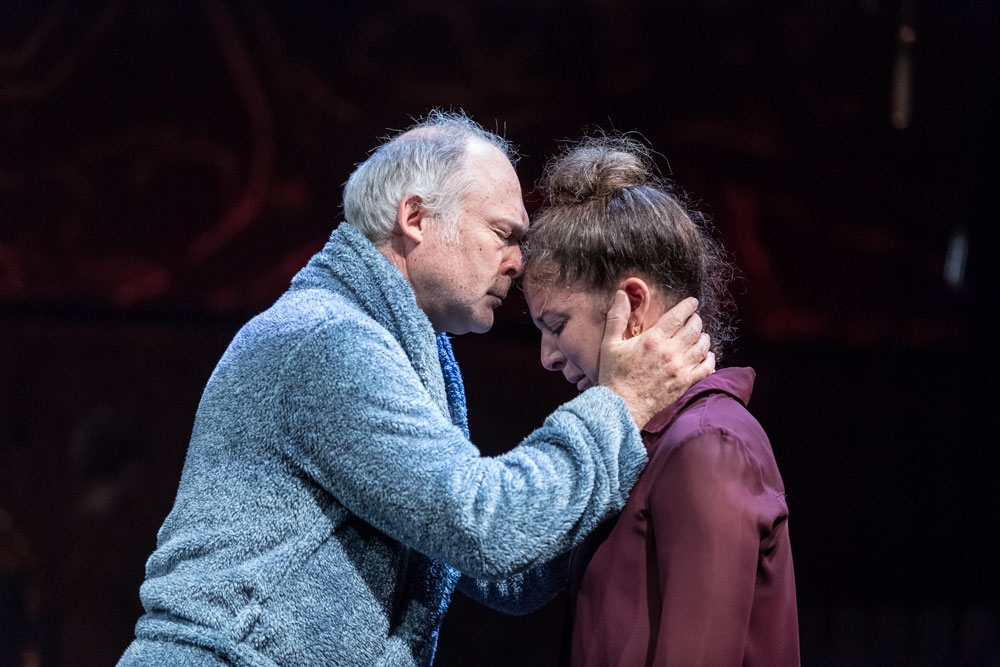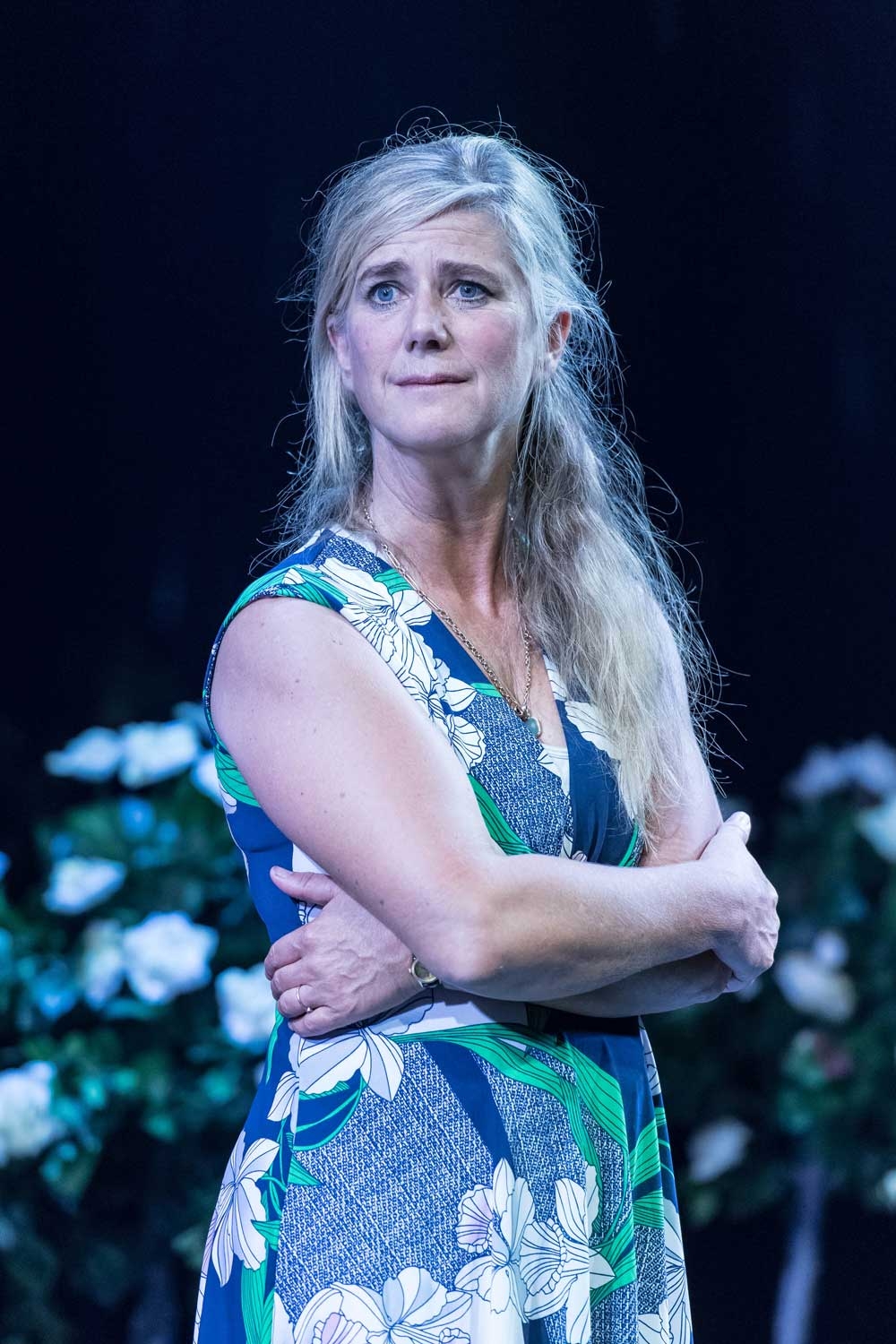YEP Communicator Holly Hale on Things I Know To Be True
"I make a list of things I know to be true, and the frightening thing is... that list is very short"
From the outset of Andrew Bovell's Things I know To Be True, a co-production of an Australian text by Frantic Assembly and the Australian State Theatre Company, the use of visual surrealism and physicality forewarns of a choreographed spectacle, rather than intimate storytelling.

However, it soon becomes clear that Bovell is less concerned with manipulating the mind than reaching into humanity's most deep-seated vulnerabilities, fears and emotions.
Undoubtedly, the triumph of Things I know To Be True is its inherent relatability. At the heart of the play are six richly drawn characters, structured around four disillusioned siblings attempting to break the confines parental expectations, exposing both the power of their parents' influence over them and its limits. There are cross-generation rivalries, personal enmities, even power struggles – and some deeper secrets too.
Collectively, the play's events may seem unimaginable, however, the conviction of the cast in each individual circumstance makes them entirely credible.
In parallel to this, Things I know To Be True also interrogates the paradox of a parent's desire for their offspring to be "better versions" of themselves and the resentment when they become aware of their success. This resentment renders Ben undeserving of his high earnings and Pip's career move to Vancouver a self-serving betrayal.

Particularly compelling is Imogen Stubbs' Fran, eschewing the passive, silently-disapproving mother figure, is brilliantly volatile and acerbic. Intimate knowledge of her children can rapidly turn from a comfort to a weapon.
Movement is poetically woven into the story, illustrating both the push-pull conflict of familial bonds and deeper truths that characters are unable to communicate to each other. Fluid choreography captures extremes of energetic vibrancy, as family members interlink and lift each other into the air, and also solemnity, as in a later scene Bob's humanity is wrenched from him as he sinks to the ground.
Ultimately, what makes the production such a success is that it manages to stay true to the moments of loyalty, love and exasperation associated with the nuclear family, bringing several members of the audience to tears. The play does not have a clear downfall of one character in particular nor does it have a clean ending, but this only serves to reinforce the complexity of family bonds, which ultimately stay with you for a lifetime.
Things I Know To Be True is at the Playhouse until Saturday 5 November.
Holly Hale is a member of YEP Communicators.